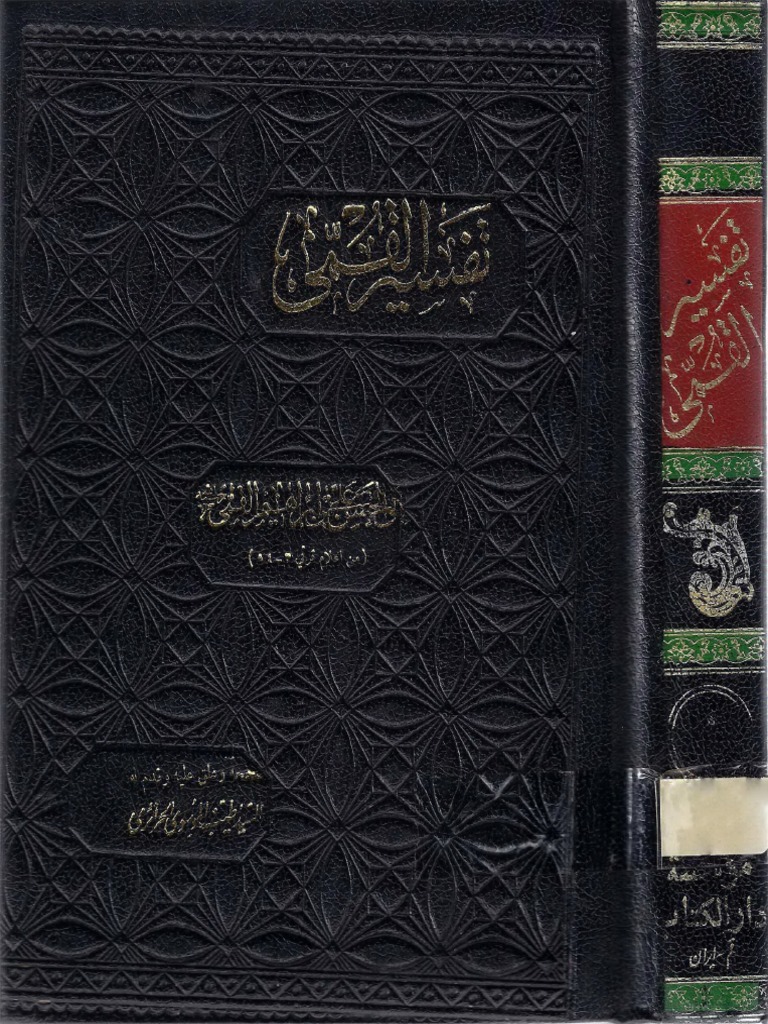The relevance of Tafsir al-Qummi extends beyond theological discourse; it acts as a catalyst for community mobilization. The moral imperatives derived from the text can inspire grassroots movements that align with Shia values of social justice and equity. Yet, as contemporary Shia activists strive to embody these principles, they must contend with the complexities of modernity, including technological advancements and differing worldviews. Can the teachings of al-Qummi inspire adaptive frameworks for advocacy and reform that remain true to core beliefs while being responsive to contemporary issues?
Moreover, the educational implications of Tafsir al-Qummi cannot be overlooked. As an instructional tool, its insights can be instrumental in shaping the pedagogical approaches of Shia religious institutions. Engaging students with the text’s multidimensional layers fosters critical thinking and encourages personal reflection upon ethical dilemmas faced in daily life. The challenge lies in ensuring that these teachings are rendered accessible and relevant to younger generations navigating an increasingly complex societal landscape.
In conclusion, the Tafsir al-Qummi represents a rich reservoir of knowledge and spiritual guidance for Shia adherents. Its unique interpretative techniques and emphasis on moral and theological principles hold profound relevance in contemporary discourse. As communities grapple with the challenges of modernity, the teachings encoded within this text can inspire both introspection and action. The interplay between ancient wisdom and contemporary societal challenges invites continual exploration and engagement, prompting us to ask: in what ways can the legacy of Tafsir al-Qummi not only inform our understanding of the divine but also empower us to enact meaningful change in our world today?
Tags
Share this on:
[addtoany]


